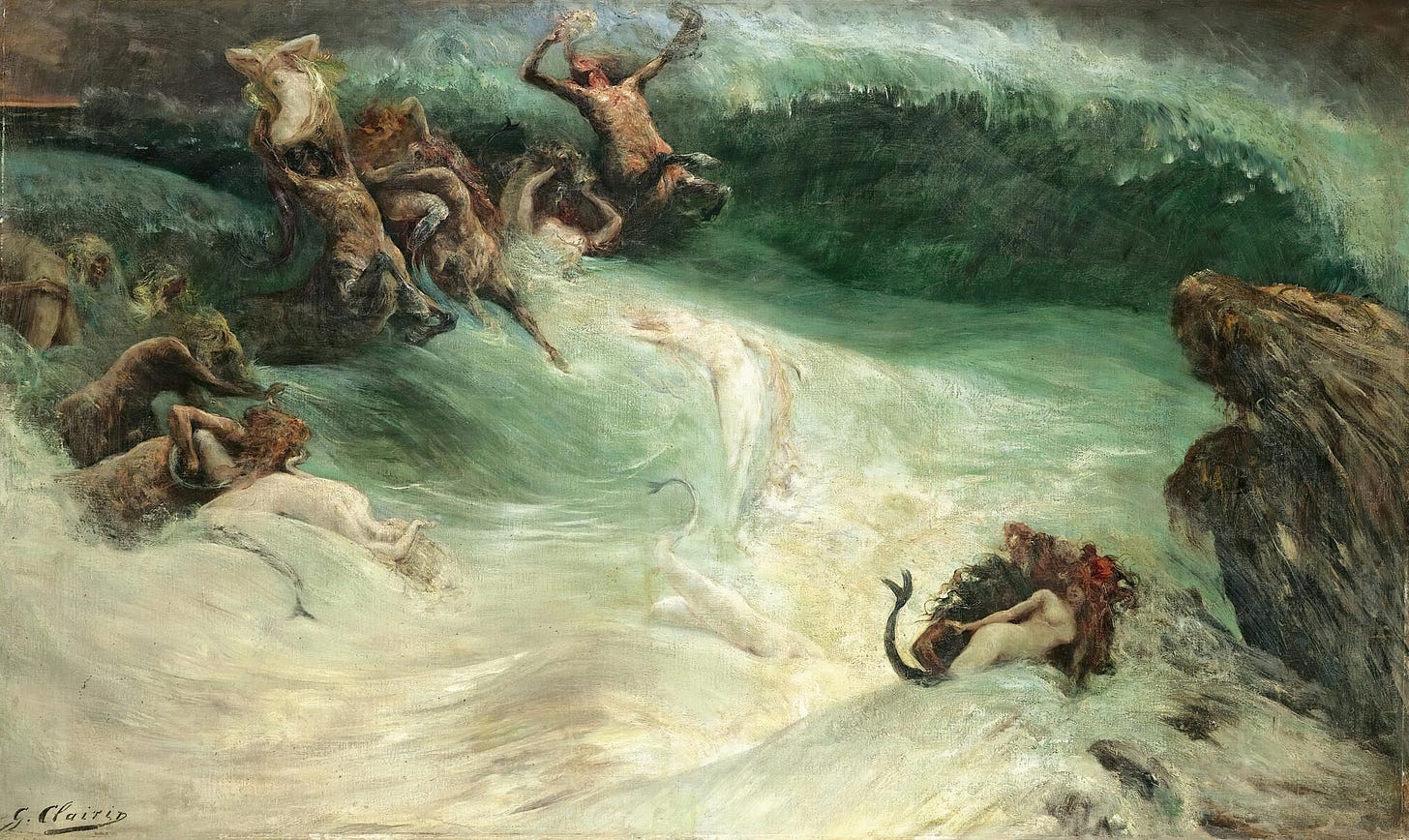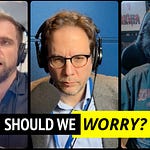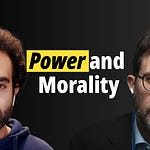Two weeks after Hamas’s brutal attack on Israeli civilians, tensions have skyrocketed as Israel begins an offensive against Gaza from the air and the ground as the area home to over a half million Palestinians is plunged into darkness. What could have been done to avoid this renewed war and what are the best possible paths toward ending violence?
This week, Shadi Hamid and Damir Marusic invite Peter Beinart on to discuss. Peter writes at his Substack, The Beinart Notebook and is editor-at-large of Jewish Currents as well as professor of journalism and political science at the City University of New York. Peter emphasizes the importance of viewing the conflict in its historical context, one that includes severe violence on either side of the border. After Hamas’ brutal massacre of Israeli civilians and now Israel’s siege and bombardment of Gaza, how can we speak with moral clarity and consistency about the many lives that have been lost?
Hamas is a terrorist group, but that’s all the more reason to try to understand how and why the group has changed since it won the 2006 Palestinian elections. Were opportunities to tame the organization missed? Why did Netanyahu prefer Hamas’ rule over Gaza? As Peter and Shadi note, Israel undermined repeated attempts at Palestinian unity that would have brought the Palestinian Authority back to Gaza with Hamas stepping down from governing responsibilities. Was Hamas’ radicalization inevitable? Why does terrorism happen?
Regardless, it’s too late now. After what Hamas has done, there is no going back. Which raises the question: is there any way to move forward? What does a post-Hamas Gaza look like, especially now that Hamas appears to be gaining popularity in the West Bank? All of these questions can only be answered by addressing the question of violence head on. Why do some revolutionary movements turn to brutality while others counsel a principled resistance that takes pains to spare civilians?
In the full episode (for paying subscribers only), the three discuss the Biden administration’s approach to the Middle East policy and the role of the media in framing the war. They find historical parallels to the conflict, including the ANC in South Africa after Apartheid. Shadi asks whether it’s possible for the U.S. and the international community to “incentivize” nonviolent resistance, while Peter underscores the role of Arab citizens of Israel as potential mediators for a longer-term solution.
Required Reading:
“On Addressing Jews,” by Peter Beinart (Jewish Currents).
“There is a Jewish Hope for Palestinian Liberation. It Must Survive,” by Peter Beinart (New York Times).
“West Bank Protests Spread Over Gaza War,” by Miriam Berger (Washington Post).
Hamas Contained: The Rise and Pacification of Palestinian Resistance, by Tareq Baconi (Amazon).
The 2017 Hamas charter.
The 1988 Hamas charter.
Wisdom of Crowds is a platform challenging premises and understanding first principles on politics and culture. Join us!


















